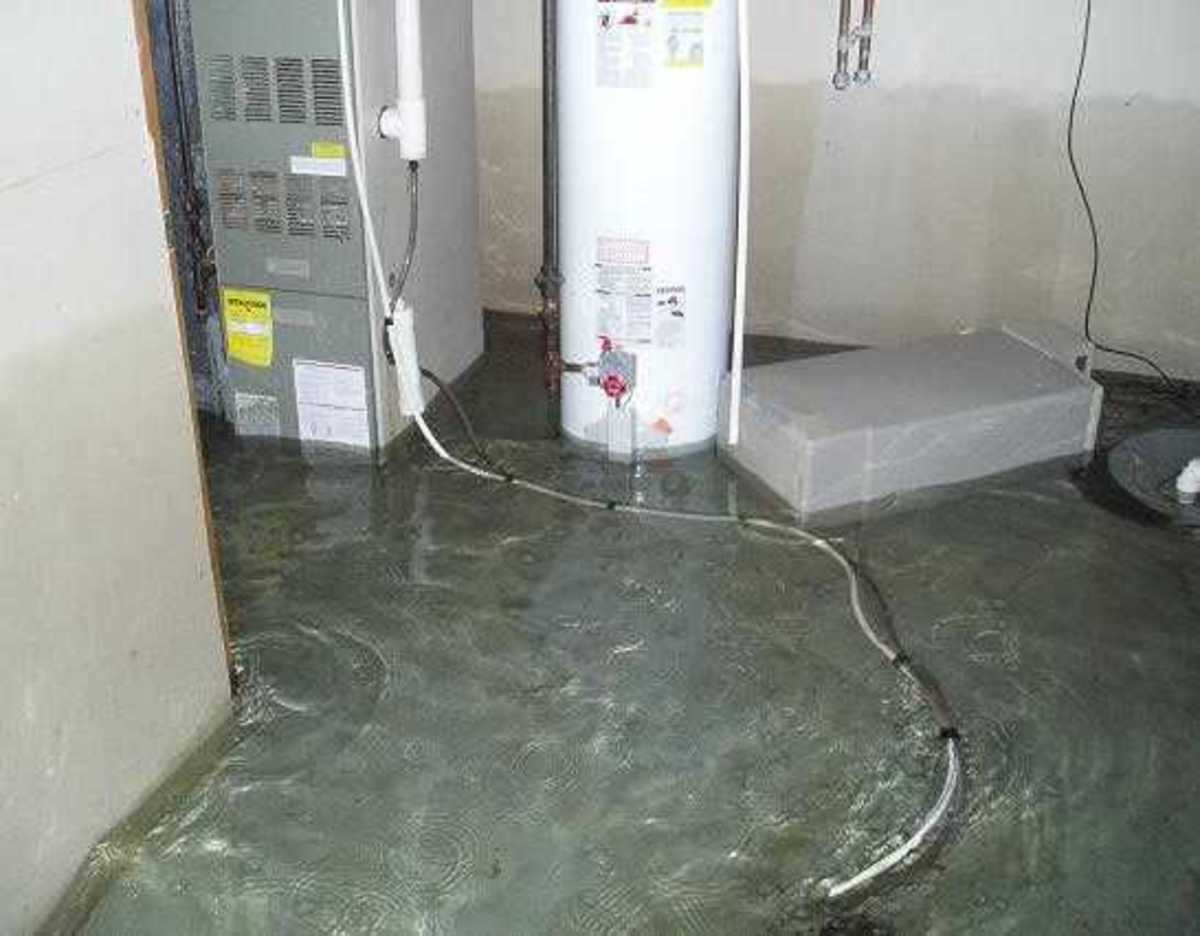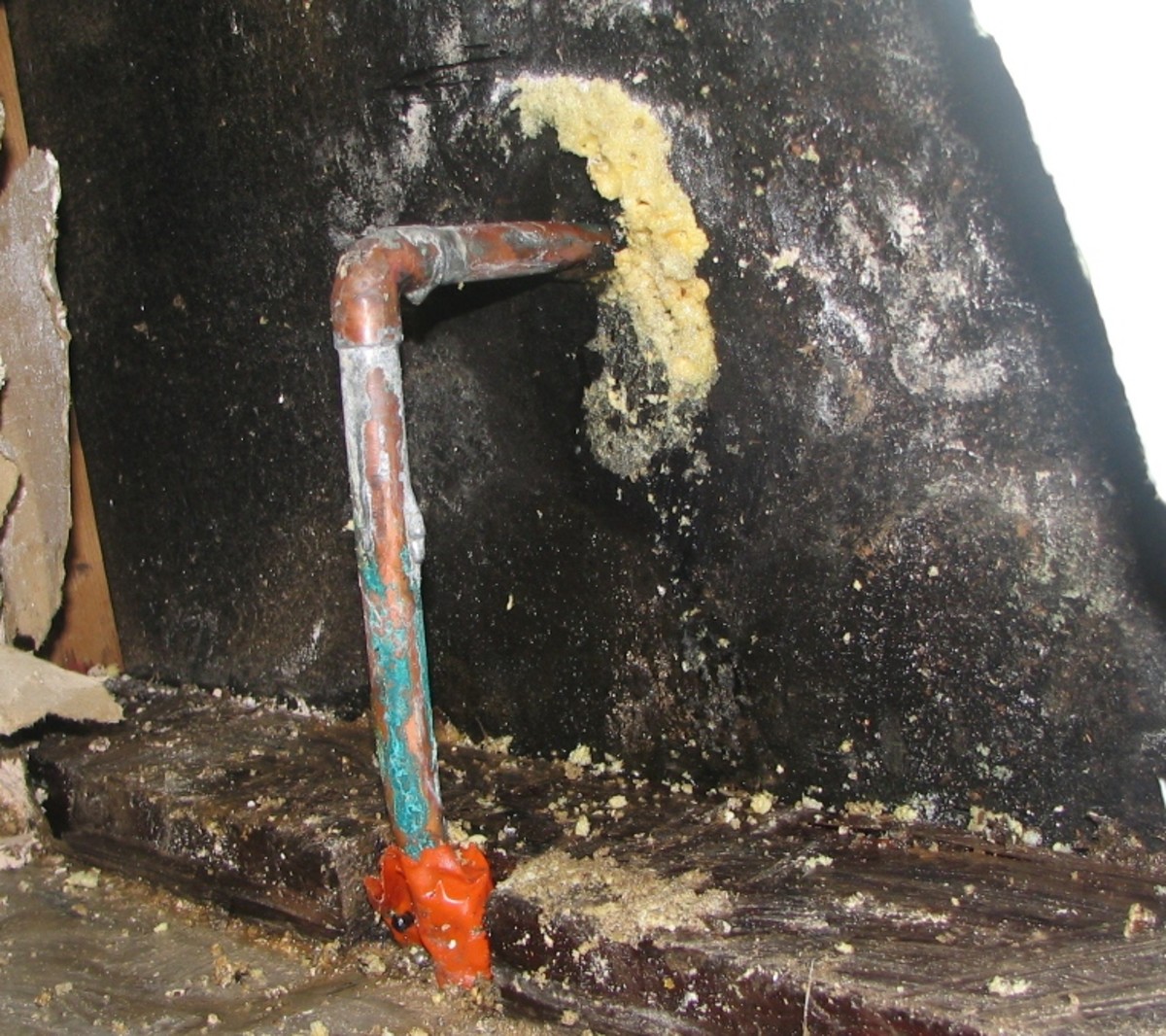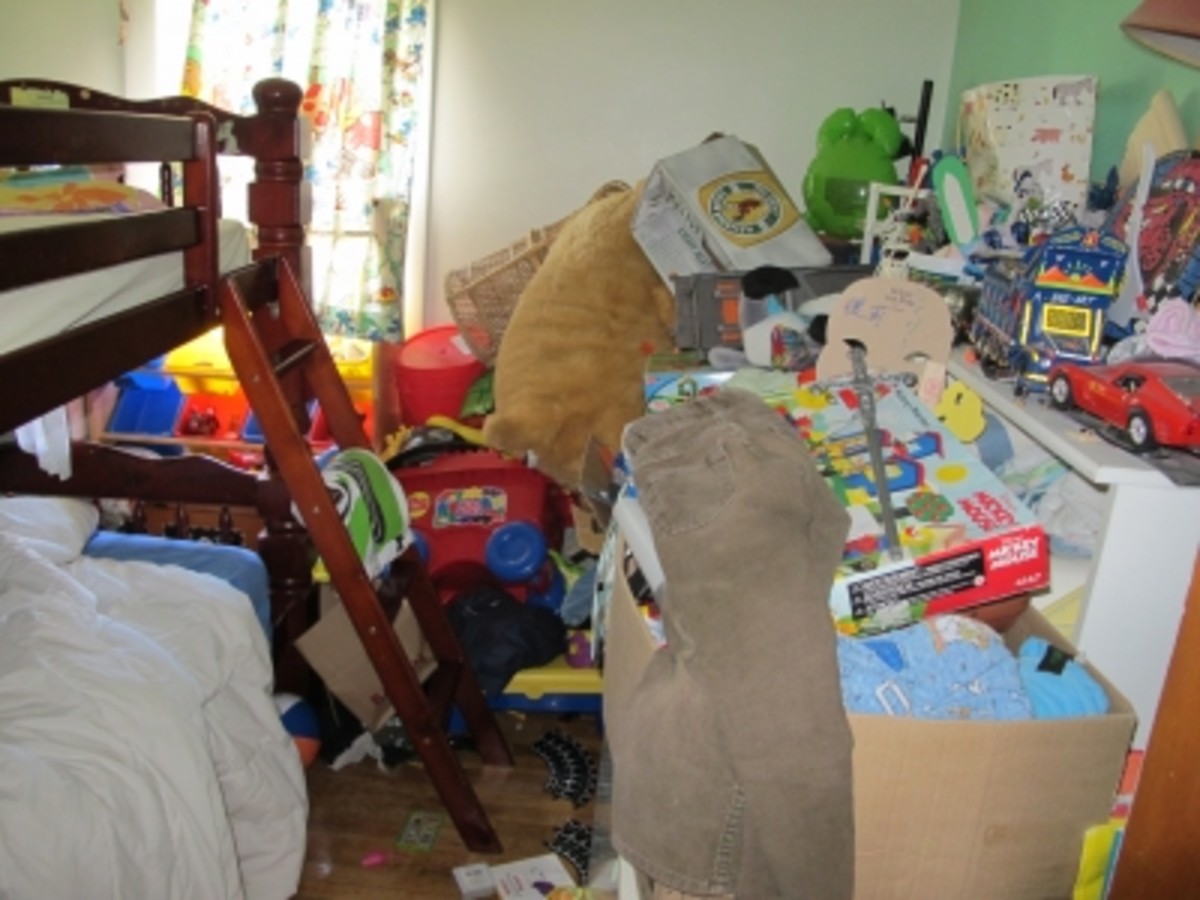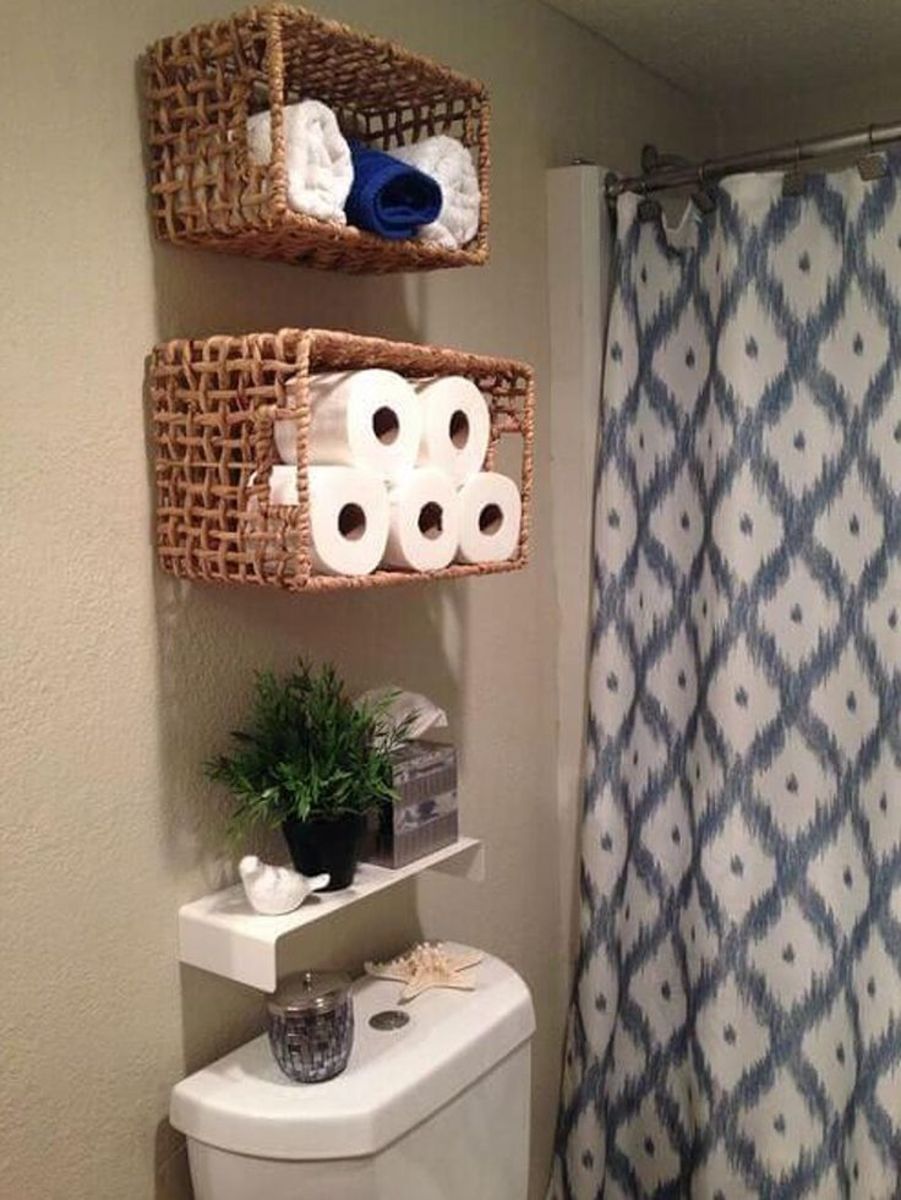Repairs: Is It The Responsibility Of The Landlord Or Tenant?

Both parties are responsible for maintaining a property. Landlords are generally required to provide a safe and conducive living environment while tenants are expected to keep things as they were when they first moved in. However, when it comes to repairs, who is responsible?
There can be a lot of confusion in this area, as the word ‘maintenance’ can also have multiple meanings. Generally, it refers to keeping things in good condition. In plumbing, it also pertains to non-urgent works to keep systems working. Whilst it might be tempting to omit this step as it may be more economical, doing so can cause even more damage and expenses in the long run.
What is the landlord’s responsibility?
He or she is responsible for responding to urgent concerns such as:
-
Blocked drainages
-
Flooding
-
Storm or fire damage
-
Imploded pipes
-
Electrical problem
-
Gas leaks
-
Roof leaks
-
Breakdown of water supply
-
Any other fault that can seriously damage property or can pose safety concerns
When any of these occur, the landlord should be contacted immediately via phone and email. He or she is then obligated to respond as soon as possible, usually within 24 to 48 hours. If not, the renter can get in touch with the emergency contacts highlighted in the agreement and/or contact the local city office.
All throughout the process, messages, email, and photos should be kept for documentation purposes. This will come in handy should the renter insist that repairs were indeed urgent and resulted in more damage because a response took too long.
Alternatively, the renter may also seek out third-party repair services if all requests were ignored or dismissed. Depending on the state, it is recommended to spend only a maximum of $1,000 for out-of-pocket advance payments, as there is no guarantee for reimbursement for amounts exceeding this. The property owner or lessor is only obligated to pay a maximum of $1,000 to reimburse.
How about non-urgent repairs?
If the damage is not one of the aforementioned, the tenant should inform the other party (property manager, license agent, or landlord) through writing. It would also help to agree on a deadline. Depending on the state, this can be from 3 to 30 days.
Can the rent be offset?
On the occasion that the renter has incurred repair expenses, he or she cannot stop or reduce the payment of rent. Though it may sound fair from one perspective, non-payment of rent may cause a breach of the contract. Fulfilling all payments and duties stated in the agreement is still necessary to avoid any further problems. This also means taking care of the property is still expected.
Can landlords inspect the residence?
Yes, they can schedule inspections to check whether maintenance work needs to be done or not. They can also verify whether the place is being cared for or neglected. Visits have to be announced at least a week before and can only be scheduled a maximum number of times per year depending on the area.
Whose fault is it?
Generally, this falls under the lessor’s hands. However, if it is caused by the negligence of the renter, expenses should be charged to him or her. Food debris, oils, and toiletries such as sanitary products can result in blockage in kitchen sinks and toilets. This is why proper waste disposal is important. Such items should be thrown in the bin to prevent damage.
Who to call for repairs?
Whether you are a lessor or an occupant, you’d want to contact experts in the field that have a lot of experience. Ideally, you’d want them to be adept in repairing kitchen, bathroom, and laundry plumbing. It’s also a bonus if they’re available 24/7 – just in case of emergencies.
Maintenance is a two-way street
Maintaining the state of the property is both the job of the lessor and the occupant. Though determining responsibility for issues may be tricky, the former is liable to act if there are repairs that need to be done. Repairs are classified as urgent and non-urgent depending if it endangers the safety of its inhabitants or not.
Property owners are obligated to respond to emergencies immediately after they have been informed. If the concern is not an emergency, they are still required to respond within a reasonable amount of time. If they are unresponsive, there are legal processes that renters can utilize and pursue.








